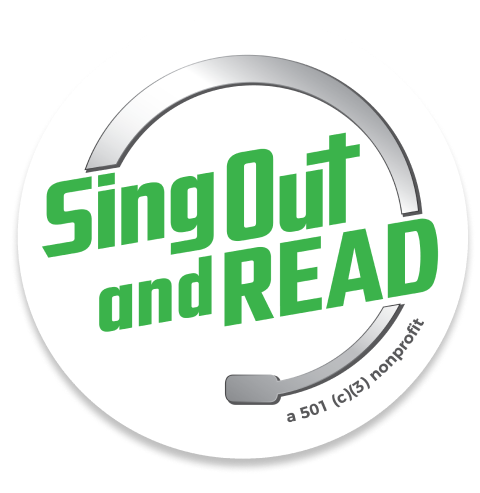Students are Struggling to Read Behind Masks and Screens During COVID-19
..But ‘Expectations are no different.’Illustration: Mary Anne Lawrence, USA Today Network
By: Leigh Guidry, Mandy McLaren, Laura Testino, Isabel Lohman and Gabriela Szymanowska
USA Today
Source →The U.S. Education Department has released the first in a series of school surveys intended to provide a national view of learning during the pandemic.
The second grader at Eaton Park Elementary in Vermilion Parish along Louisiana's southwest coast was thrilled to return to in-person learning in January. One of his favorite things is the Accelerated Reader program in which he wins points for the books he reads.
"I like to read because I like to take AR," Uriah said. "You get more (points and prizes) every time. ... Yesterday, I read a big ol' chapter book about animals with kids."
His points pay off in extra free time outside and "Star Bucks" that he can use to buy erasers and spy pens at the school store. Plus, his reading helps advance his class's gingerbread cutout on the Candy Land game bulletin board in the school hallway. He proudly pointed out where his class was in relation to the other second grade classes.
Yet too many children may be falling behind in the reading game during the pandemic, teachers and experts say. The USA TODAY Network visited a handful of classrooms in different states to see how schools are adapting as the teachers' axiom about students learning to read in early grades so they can read to learn the rest of their lives has never been put to a greater test.
"Learning to read is so challenging," said Laura Taylor, a professor of educational studies at Rhodes College in Memphis, Tennessee. "It’s a long process that takes years."
Lost time from when schools shut down, inconsistent schedules since then, the limitations of teaching over videoconference or even in person with masks and social distancing – these handicaps are likely to have a greater effect on children learning to read than those at other grade levels, said Anjenette Holmes, a professor at the University of Louisiana at Lafayette’s Picard Center for Child Development and Lifelong Learning.
“It’s an extra challenge for that age group,” she said.
The pandemic's full effects on learning can't be measured while schools are still coping with these fresh challenges, the experts concede. But early indications hint at how much ground is being lost, especially among younger grades.

